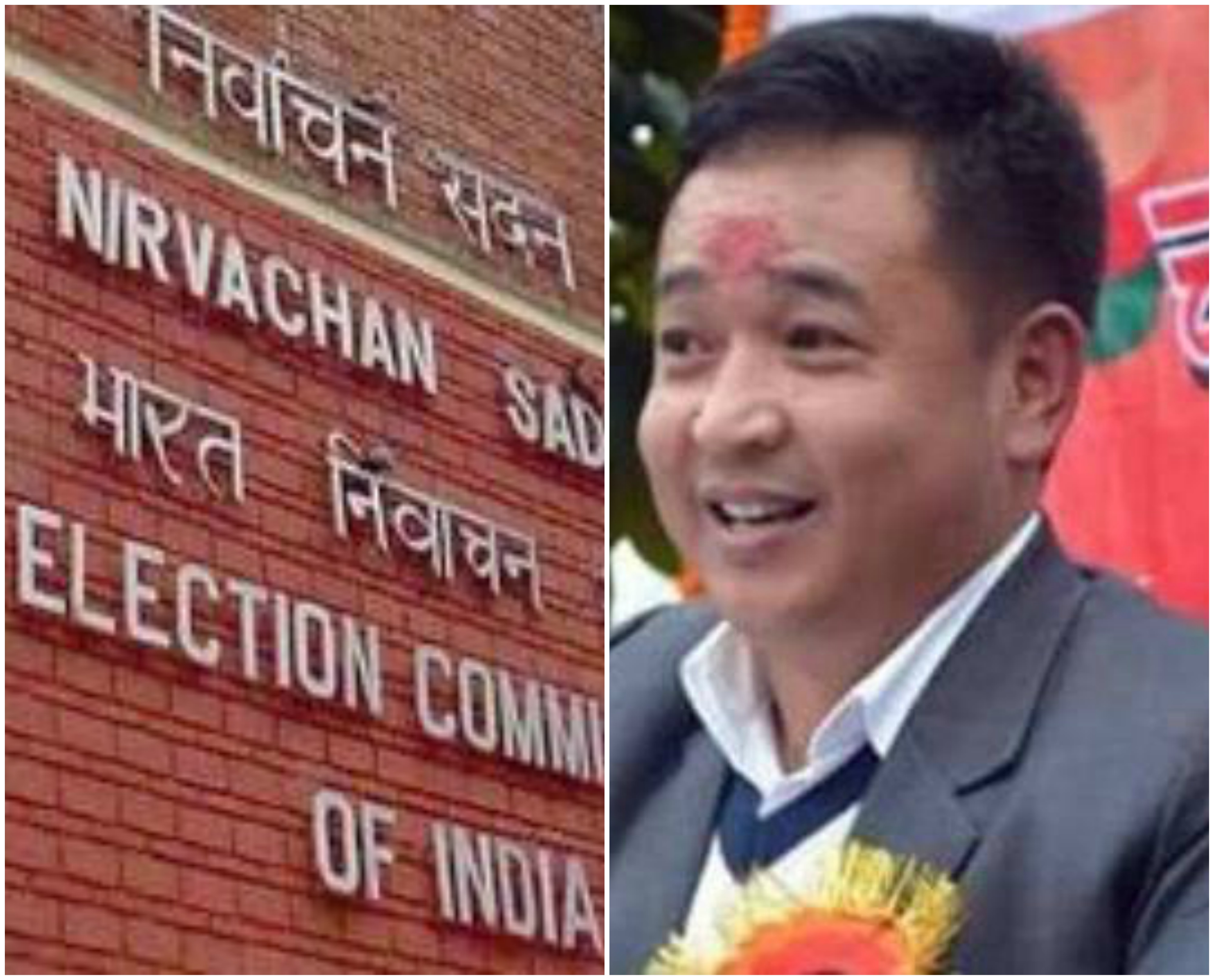

By Sunil Garodia
Consider the scenario. A by-election is coming up in Sikkim. The unelected chief minister, who was appointed to the position in blatant disregard of the Supreme Courtâs order in the Jayalalitha case, has to be elected to the legislature by November 23. Fortunately, the election is to be held on October 21. But there is a problem. The chief minister has been disqualified from contesting elections for 6 years due to his conviction in a corruption case earlier. So does the chief minister leave his position like an ethical man? No. If he was ethical, would he have become the chief minister in the first place?
Then what is the solution? In comes the âfriendlyâ Election Commission (EC). It reduces the period of disqualification from 6 years to just one year and one month, a period that has already elapsed since he was released from jail on August 10, 2018. There is no precedent for such a decision. It remains a mystery how the EC arrived at the figure of one year and one month. Yes, the EC does have discretionary powers in this regard, but the timing of the decision and the fact that it is unprecedented makes it dubious and controversial.
Prem Singh Tamangâs appointment itself was arguably illegal if
one goes strictly by the Supreme Courtâs judgment in Jayalalithaâs case. The
court had then ruled that if âthe Governor does
appoint as Chief Minister a person who is not qualified to be a member of the
legislature or who is disqualified to be such, the appointment is contrary to
the provisions of Article 164 of the Constitution, as we have
interpreted it, and the authority of the appointee to hold the appointment can
be challenged in quo warranto proceedings. That the Governor has made the
appointment does not give the appointee any higher right to hold the
appointment. If the appointment is contrary to constitutional provisions it
will be struck down.â Although the case filed against his
appointment has still not been decided, given the similarities with the
Jayalalitha case, it will in all probability be decided against him.
But in the meantime, courtesy the EC, Tamang has already filed his nomination and will obviously win the bypoll and become a âlegalâ chief minister. The pending case would then become infructuous. But what has happened is neither morally correct nor in support of clean politics. That a person who was convicted and jailed for corruption has been shown such leniency sets a dangerous precedent. If the present law states that the ban should be for 6 years, no leniency should have been shown to Tamang just because the law was different when he committed the crime. The law as applicable on the day he was released from jail should have been considered. The EC should not have reduced the period of disqualification. The Centre is fighting corruption by dismissing corrupt government officers. But if the BJP supports such politicians, the fight against corruption will have no meaning. After all, how will corrupt chief ministers clean corrupt bureaucracies?











